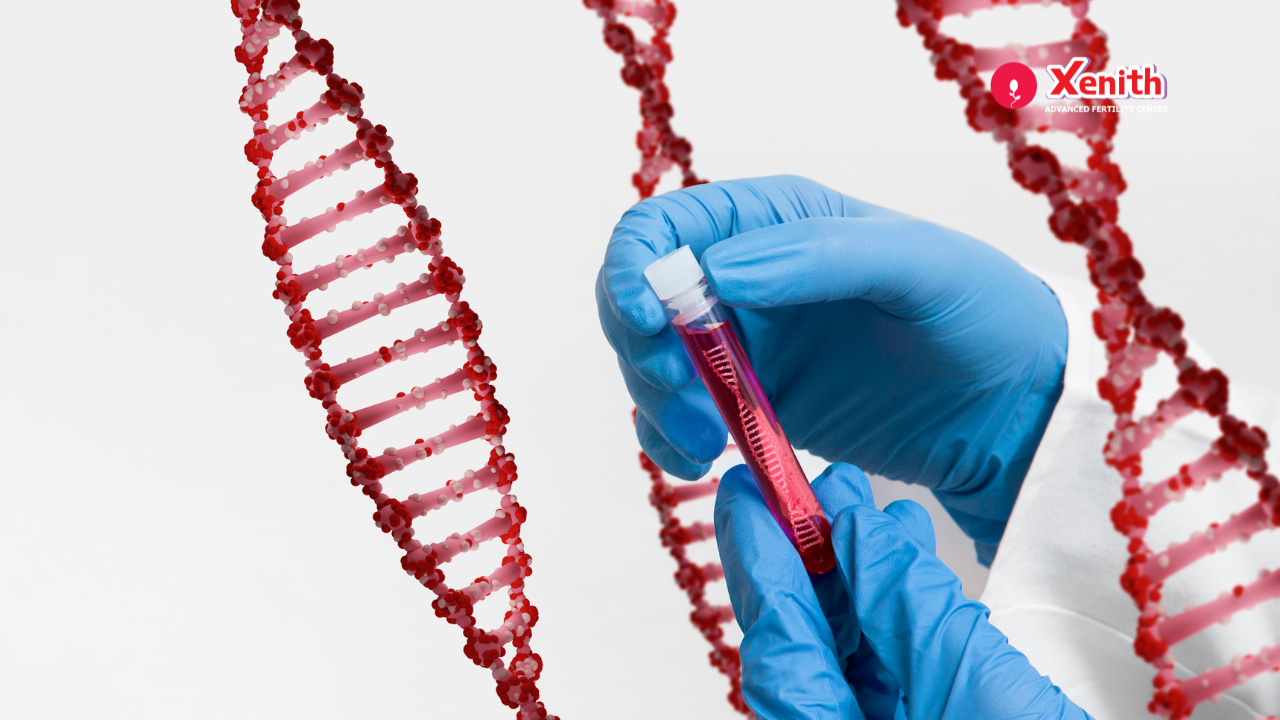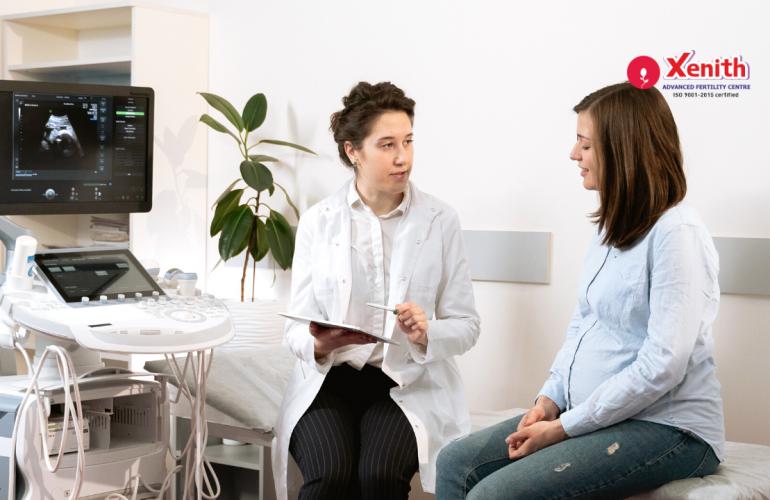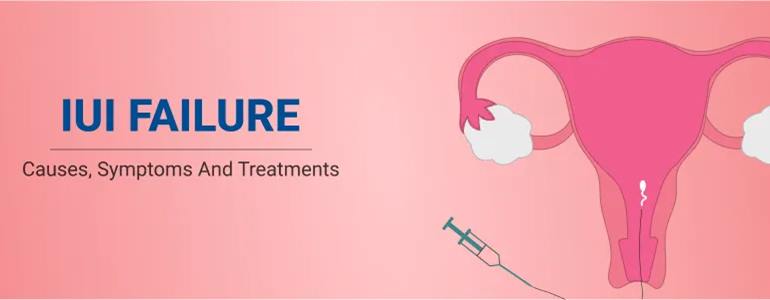Preimplantation genetic testing (PGT) is a procedure used to find out if there are any genetic abnormalities in the embryos formed through in vitro fertilization (IVF) and improve your chances of success in having a healthy baby. IVF is a necessary procedure in order to do PGT. IVF is a treatment for infertility where the woman’s ovaries are stimulated to produce several mature eggs at one time. These eggs are then retrieved and fertilized with sperm in a laboratory setting to form an embryo. This embryo could be tested for PGT before transferring back into the woman’s uterus for implantation. In a typical IVF procedure without PGT, the embryos are chosen depending on their structure and appearance under the microscope. So, the goal of PGT is to select embryos that do not have any genetic defects or chromosomal abnormalities in order to produce a healthy baby. Before deciding to do PGT, it is important to speak to a genetic counsellor about what you might encounter and what choices you might need to make so that you make an informed decision.
Types of PGT

Free Thursday Consultation
Book Your AppointmentThere are a total of 46 chromosomes in a cell of which 23 come from the egg and 23 from the sperm. Each chromosome has thousands of genes in it. Genes give instruction on how to form, build and maintain a body. A person could have 46 chromosomes with correct chromosomal structure but could still have a defective gene. On the other hand, a person could have normal genes but have less or extra copies of a chromosome or even abnormal chromosomes. Either of these could cause problems with pregnancy or be the cause of a certain disease or condition. There are 3 types of PGT.
- Preimplantation genetic screening for aneuploidy (PGT-A)- to see if there are indeed 46 chromosomes present. Aneuploidy means that there are additional or missing chromosomes. It is one of the main reasons for miscarriages, failed implantation or birth defects in children. This could cause conditions like Turner syndrome or Downs syndrome.
- Preimplantation genetic testing for monogenic (single gene) defect (PGT-M)-tests for certain inherited gene mutations, like cystic fibrosis, sickle cell anemia, or breast cancer, that the parents or their families are known to carry. If the parents are screened and each parent is a carrier of a certain mutation which means the parents don’t show any signs or symptoms, although they do carry it in their DNA, then the baby has a chance of getting one mutation from sperm and the same mutation from the egg causing the genetic defect to be evident and in turn affect the baby. This test can prevent this from happening.
- Preimplantation genetic testing for structural rearrangement (PGT-SR)- tests for chromosomal mis-arrangements or structural changes in the chromosome. Sometimes parts of the chromosome might be inverted (inversion) or moved from one part to another part of the chromosome (translocation). The parents might be carriers of a specific defect and they themselves might not be affected by it although there is a possibility that it could be passed on to their offspring. This could lead to miscarriages, stillbirth or genetic disorders.
How do they test for PGT
First, they will take a biopsy or a few cells out of the outer layer which forms the placenta of the 5 or 6 day old embryo. The inner cells which form the baby are not disturbed. These cells will be sent to a laboratory for genetic testing. The results will come back as euploid(normal), aneuploid(abnormal), mosaic (which has a mixture of healthy and defective cells) and non-informative (don’t know because the sample is not reliable). Mosaic can have low levels where there are less defects (about 20-40%) and high levels where there are lots of defects (about 40-80%). During this time the embryo will be frozen until the results are known. When it is decided which embryo will be used, it will be thawed and transferred to the woman’s uterus for implantation. This procedure does not damage the embryo. IVF will need to be carried out in order to run PGT testing. These tests are accurate but not foolproof and there could be small chances of getting false positives or false negatives.
Who should consider PGT
Women who are older than 35, who have had previous miscarriages, who have had issues with implantation, who have had a few unexplained failed IVF cycles, who have had a previous pregnancy with aneuploidy or have had unexplained infertility could consider PGT. Also, if a certain genetic or chromosomal defect runs in the family or the parents are carriers of some mutation, these people would also be good candidates for PGT.
Benefits of PGT
PGT improves the success rate of getting and staying pregnant i.e. higher chances of implantation and lower chances of miscarriages. One can choose the best and healthiest embryo for implantation and having a healthy baby. It also lowers the risk of having an unhealthy baby. The parents might have peace of mind that the baby would be healthy and not have some abnormalities that they themselves carry in their own genetic DNA. The final decision to go through PGT is up to you and your family. If you are interested in going through PGT, and are worried or have questions about what it entails, come talk to the experts at Xenith Advanced Fertility Centre.




